Are you itching to see Europe’s cobblestone streets but fearing financial ruin? Do not be alarmed! With a little preparation and astute money-saving advice, it is definitely possible to travel around Europe on a tight budget. Europe has a lot to offer without breaking the bank, from picturesque rural towns to vibrant city centers. Let’s explore 12 major money-saving tips to ensure that your trip to Europe is both affordable and unforgettable.
1. Off-Season Travel

If you go in the shoulder or off-season, you can cut your costs substantially. In comparison to peak seasons, accommodation costs decrease and airfare costs typically decrease. Attractions are also less crowded, which makes it possible for you to enjoy them more comfortably and occasionally even at a reduced price. If you want to travel to Europe in the spring or fall, there will be less tourists and nice weather.
2. Accommodation Alternatives
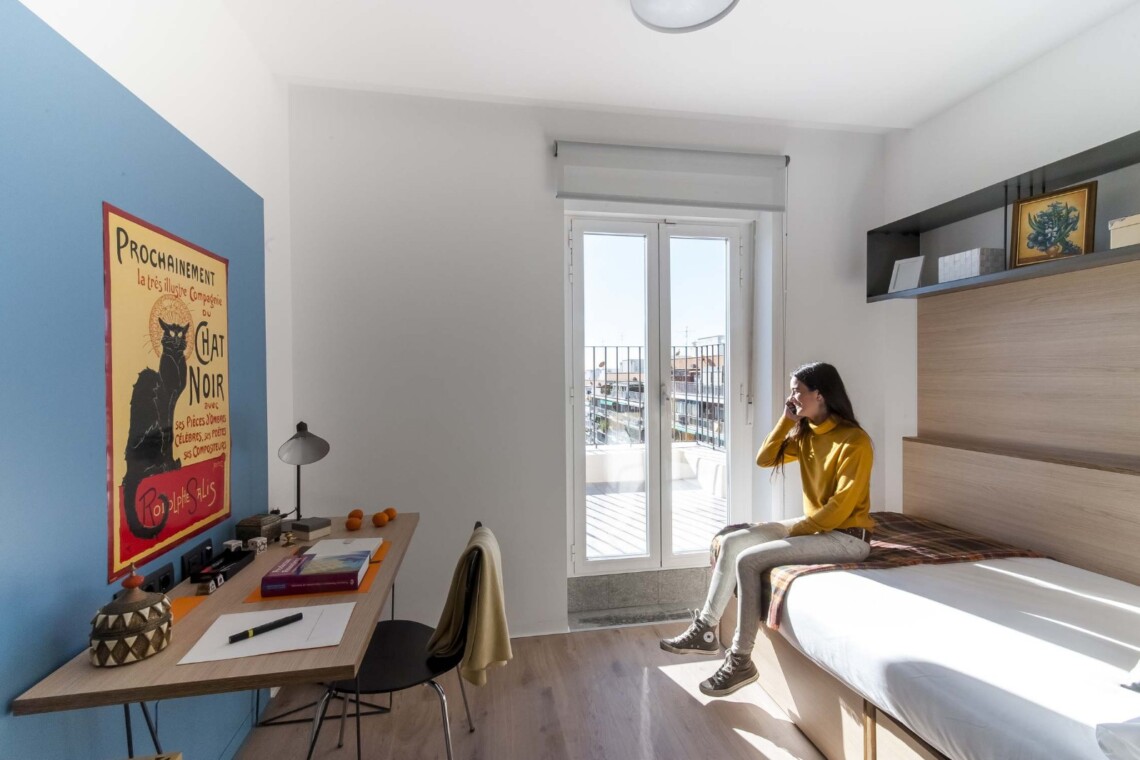
Hotels can be expensive, particularly in well-known travel locations. Instead, look for less expensive lodging choices like guesthouses, hostels, or Airbnb rentals. In addition to being affordable, hostels provide an opportunity to network with other travelers and share advice on things to do that are affordable. A more genuine experience can be had with Airbnb, which lets you stay with locals and maybe save money on food by using the kitchen.
3. City Tourist Cards
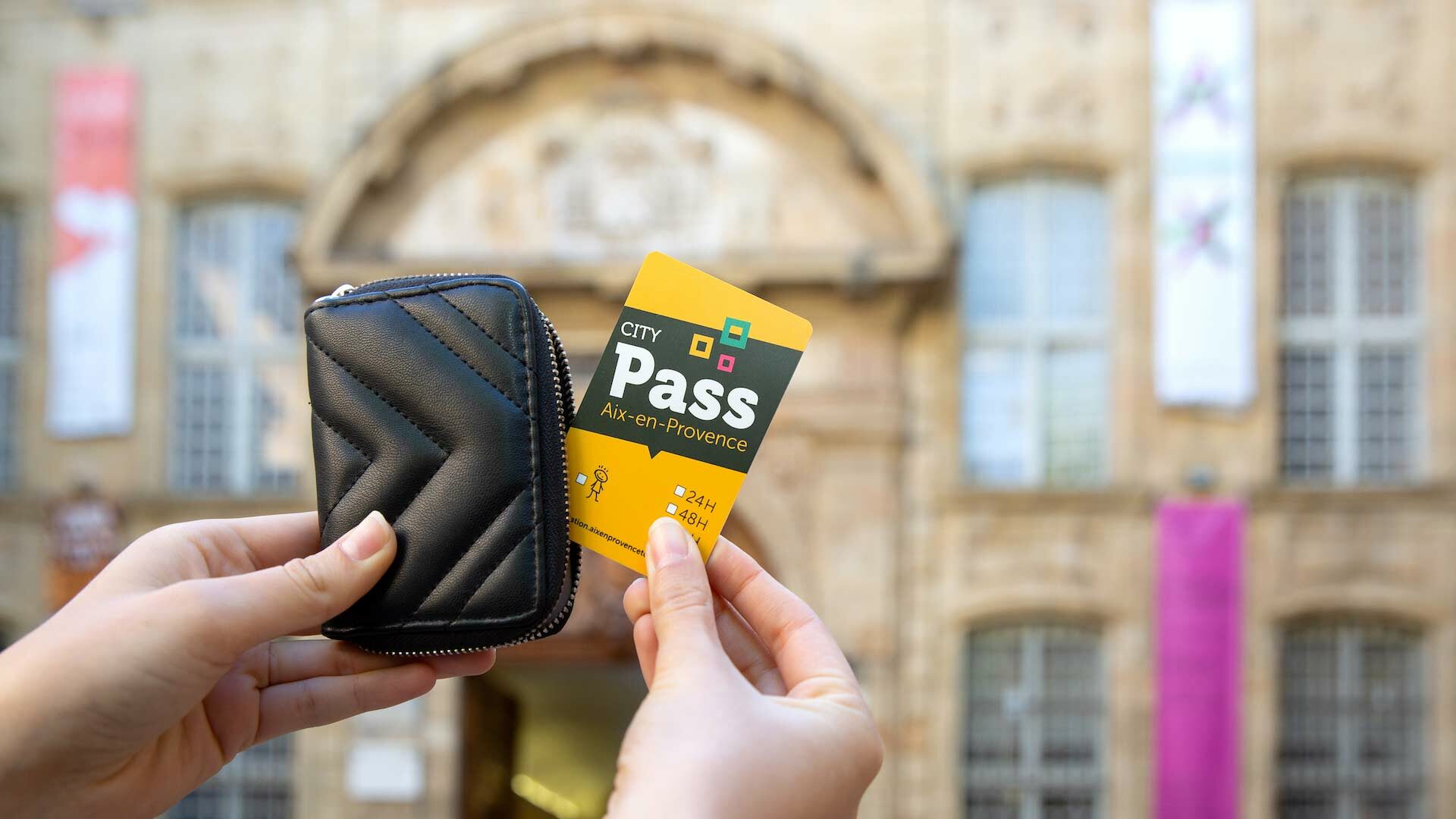
Tourist cards that grant access to numerous attractions, public transit, and food discounts are available in many European towns. These cards can save you a lot of money, particularly if you want to visit a lot of attractions quickly. To find the best value for your journey, research and contrast several city cards.
4. Public Transportation Passes
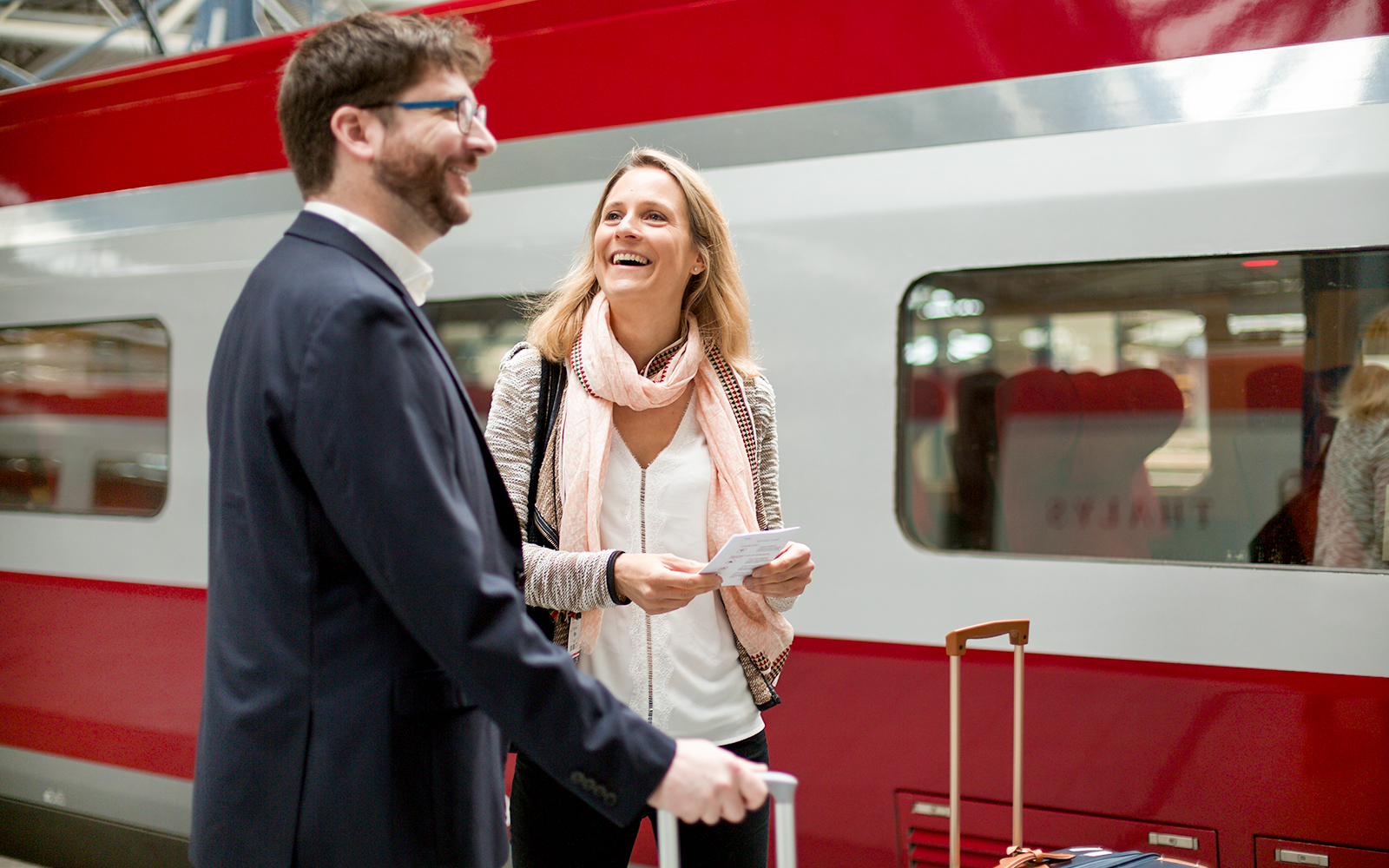
Not only is using public transportation economical, but it’s also environmentally beneficial. Bus, tram, and metro systems are just a few of the many effective public transportation options found in many European towns. To save money on individual tickets, choose weekly or multi-day passes. Furthermore, if you’re on a budget, walking and cycling are great ways to discover charming neighborhoods and small cities.
5. Budget Airlines and Train Passes
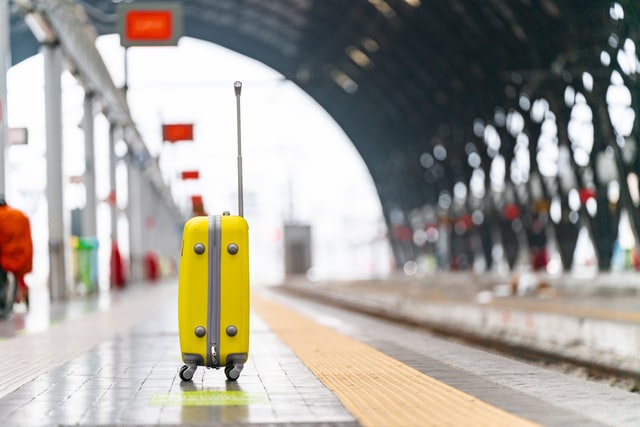
Budget airlines and regional trains make inter-European travel reasonably priced. To get the best rates, keep an eye out for promotional fares and purchase your tickets well in advance. If you intend to go to several different countries, think about getting a Eurail pass as it might save you a lot of money in comparison to buying separate train tickets.
6. Eat Like a Local

Your trip budget can be rapidly depleted by eating out. Instead, make your own meals by shopping at the local markets and grocery stores. Try out local ingredients and recipes to enjoy real food without having to pay a premium price. Local restaurants and street food vendors frequently provide tasty and reasonably priced selections, so you can savor gastronomic delights without going over budget.
7. Free Walking Tours

Benefit from the free walking tours that many European cities provide. These excursions, which are given by informed guides, offer insights into the history, culture, and landmarks of the city. Although the tours are free, it is usual to tip the guide after the trip, depending on how satisfied you are. Free walking tours are a great way to meet the locals and other tourists while getting to know a new city.
8. Museum Free Days
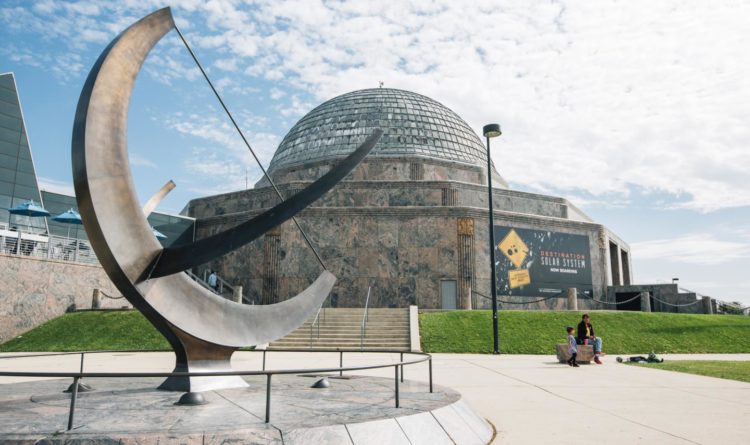
To save money on cultural experiences, find out when museums are free or have cheap hours. A lot of galleries and museums provide free entry on particular days of the week or at particular hours, so tourists on a tight budget can enjoy art, history, and culture without breaking the bank. To take advantage of these chances, schedule your museum visits appropriately.
9. Travel Insurance Comparison

Travel insurance can offer financial security and peace of mind in the event of an emergency, even though it may appear like an extra expense. To locate complete coverage at a fair price, compare several insurance companies. Make sure you’re sufficiently covered for the duration of your trip by looking for policies that include coverage for medical costs, travel cancellations, and lost or stolen possessions.
10. Work Exchange Programs

To reduce your trip expenses, think about taking part in volunteer work or job exchange programs. Through websites such as Workaway, HelpX, and WWOOF, tourists can connect with hosts who provide free lodging and meals in return for helping out with different duties. Volunteering can save costs and offer authentic cultural experiences, whether you work on a farm in the country or at a hostel in the city.
11. BYOB (Bring Your Own Bottle)

Bring a reusable water bottle with you so you can stay hydrated while you explore. Tap water is safe to drink in many European nations, so you can fill up your bottle at restaurants or public fountains for free. Tap water is a better option than bottled water, which can be costly and harmful to the environment.
12. Flexibility with Activities

Keep an open mind regarding your schedule and be willing to consider less expensive options for your activities. To appreciate Europe, you don’t have to go to all of the famous tourist destinations or eat at fancy restaurants. To get a sense of the place, visit nearby parks, go to free concerts or festivals, and take leisurely walks around quaint neighborhoods. Accept the unpredictability of travel and give yourself permission to find inexpensive, educational, and hidden treasures at off-the-beaten-path locations.
Budget-friendly European travel is attainable with careful planning and astute money-saving techniques. These 12 great money-saving tips will help you see Europe’s beauties without going over your budget. There are many ways to experience Europe’s richness and diversity without going over budget, from picking low-cost lodging to savoring the cuisine and looking for free events. So gather your belongings, set out on your European journey, and make priceless memories while adhering to your financial limits. Any visitor can have a wonderful and enjoyable experience exploring Europe on a budget if they have the appropriate attitude and creativity.

